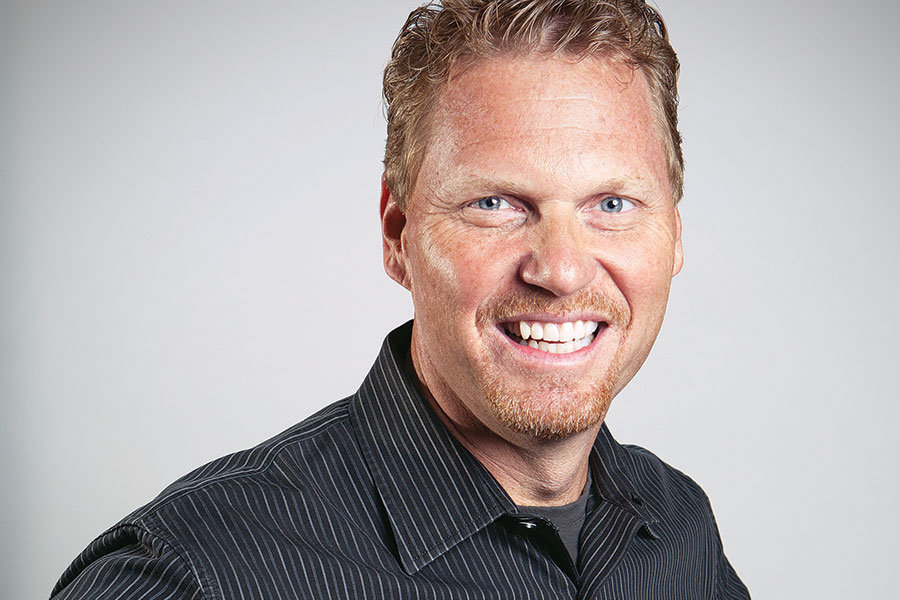As more contractors embrace electronic and digital communication, dealers need to be where their customers congregate—be it online forums or social media platforms.
The National Association of Home Builders polled its membership last spring and found that 86% of builders are equipped with smartphones and more than two-fifths use iPads. Both of those delivery systems present robust marketing opportunities to savvy dealers. A recent survey of 65 online retailers, conducted by marketing research firm Forrester, also found than 89% either implement or plan to implement mobile email optimization in 2013, with more than 70% planning to optimize paid searches for smartphones and tablets.
Before any dealer leaps into digital marketing, however, it needs to be confident about its online presence. That usually starts with a website, which Brandner says should act as a dealer’s “business card,” be in sync with the company’s broader marketing strategy and goals, and be regularly updated with new information.
That goes for dealers engaging their customers via social media, too. Dealers need to give pros and homeowners a reason to visit their Facebook or Pinterest sites through such enticements as giveaways or remodeling tips, or serving as a community bulletin board. But don’t expect social media to lure huge audiences, Tomasulo cautions. “You should be thinking quality, not quantity.”
It’s All About Sales
Dealers must also realize that social media sites are communications platforms, not selling platforms. It’s easy to forget that the whole purpose of marketing is lead generation and converting those leads to sales. “Too many dealers don’t attach what they’re doing [in marketing] to conversions,” Rossiter says.
That’s one reason why Rossiter prefers event marketing—golf outings, monthly breakfasts, new-product seminars, and cruises for preferred customers—as a personalized bridge to sales.
Admittedly, measuring marketing’s results is easier said than done and can be more art than science. But one thing is certain, says Ericson of Wheelhouse 20/20: Marketing that does not integrate sales into its endgame “will fail.”
And, he adds, a bad sales experience is all it takes to undercut a dealer’s marketing. Wheelhouse recently contacted the two top customers and five top prospects for each salesperson at one dealer and the biggest complaint it heard, Ericson says, was, “I can’t get hold of my salesperson.” Swick adds that when Wheelhouse does “secret shops” of different dealers, “95% of the time they never ask for a name, an address, a contact number, or when the project might start.”
Much of this inattention stems from the fact that salespeople have many tasks competing for their attention, so they often view answering phone calls as a distraction. And in this era of austerity, dealers are not going to hire more people. Dealers that want to see their marketing click, says Ericson, “need to have a process for answering phones, for accountability, and for visibility.”
